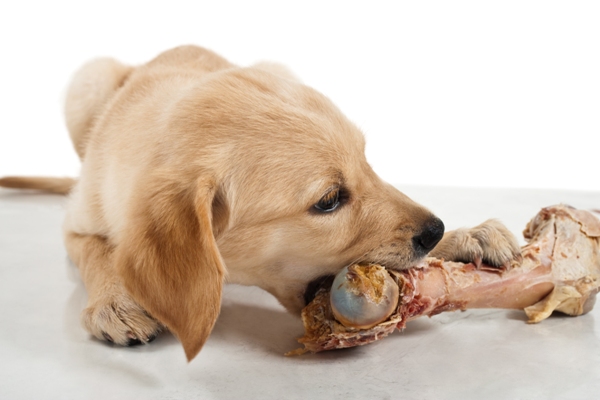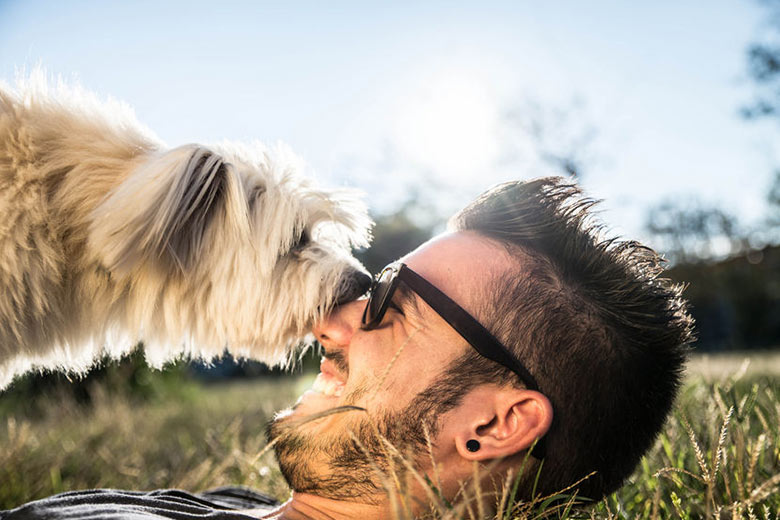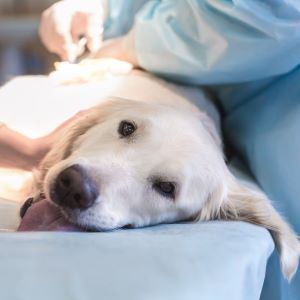Dr Jo’s Top 5 Pet Health Tips
In this column, our resident vet and pet lover, Dr Jo, shares some of her insights for keeping your pets happy, fit and healthy.
Tip 1. Understand your pet’s behaviour
Animals tend not to show that they are sick as easily as people do. This is because any weakness means vulnerability, which does not bode well for survival when in the wild. As a rule, if your pet is acting like it is sick, then it is. Since you know your own cat or dog better than anyone else, you may be the first to notice that something does not seem quite right.
Your pet’s attitudes / actions can be an important guide in determining any health issues that may be present. Some very obvious signs would be that your pet is less active than usual or there is a loss of appetite.
Behavioural signs to look out for:
- Excessive panting when it isn’t hot
- Excessive scratching or dull, dry, or flaky hair coat
- Excessive drooling
- Excessive thirst (increased water intake)
- Not drinking at all
- Frequent and/or inappropriate urination
- Lameness
- Laboured breathing
- Lethargy
- Poor Appetite
- Weakness
- Whining and yelping
- Wheezing or frequent panting
There can also be physical symptoms that indicate whether a pet is sick, which include:
- Vomiting
- Diarrhoea
- Swelling around the body
- A dry mouth and nose
- Sunken eyes
- Soft tissues like gums being pale
- Frothing at the mouth
- Bleeding and sticky eyes
Some symptoms or changes in behaviour are obvious whilst others are not as obvious. A general rule of thumb would be to pay attention to anything that you deem strange or abnormal. In many cases it is worthwhile calling or visiting your vet if you are concerned. It is also better to visit your vet to check if there are any issues than to delay a vet consultation, as it may turn out to be something serious. If this is the case, the longer you leave it the worse things may become.
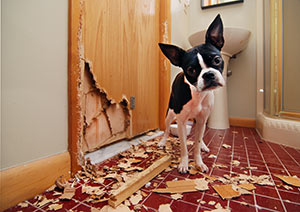
Tip 2. Prevention is better than cure
It is all too easy to be reactive rather than proactive when it comes to your pet’s health. Being on top of your pet’s health will help prevent potential large veterinary bills and suffering. This is particularly true with conditions like dental disease, weight control, proper exercise and regular grooming.
Many pet owners only bring in their pet to their vet clinic when something is clearly a serious health issue. But most health problems start gradually and by taking a preventative approach, you will be able to identify these problems in the initial stages or even before the actual onset of the problem.
Ensure you maintain regular vet visits
Regular vet visits (about once or twice per year) are important in maintaining your pet’s health. It can help guard against any potential health problems and enable your vet to check things like heart and lung function, as well as providing inspection of ears, eyes, teeth, claws, etc. It also enables your vet to keep your pet vaccination boosters up-to-date.
Remember, your pet is aging much quicker than you and a yearly check-up is only the equivalent of you seeing your doctor around once every six or seven years!
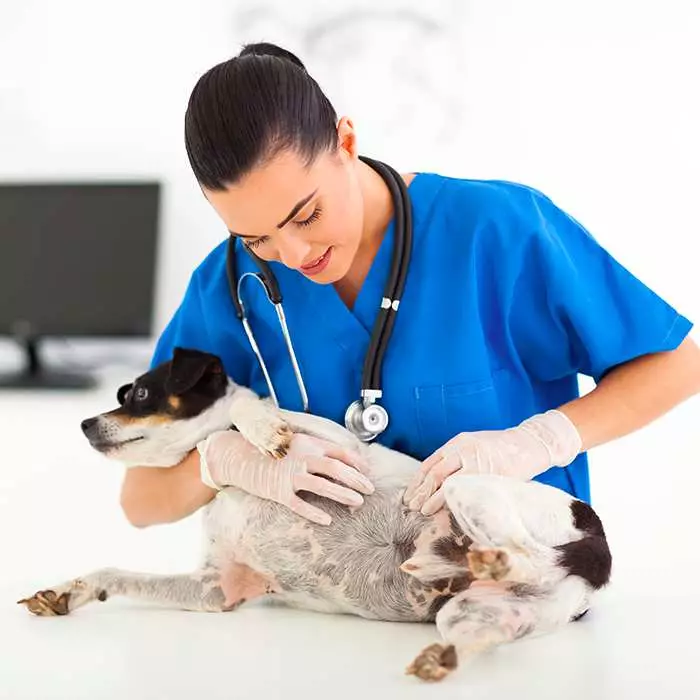
Tip 3. Pay attention to your pet’s diet
Proper nutrition is an extremely important component in maintaining the optimum level of health in your dogs and cats. A poor diet can have a direct impact on your pet’s skin & coat, weight, energy levels and gastrointestinal function.
Provide high quality food
Make sure that you provide a premium pet food brand that is free of preservatives and colourings. The first ingredient should be a meat, not a grain or a meat derivative. Premium pet food brands may be more expensive, but your pet will require a smaller portion in order to get all the necessary nutrients. It is also good to supplement your pet’s meals with fresh meats and some vegetables (ensure that you have removed bones from the meats and avoid foods that can impact negatively on their health – talk to your vet about this).
Make sure they don’t become overweight
Studies have shown that your pet will live a longer healthier life if in good shape, however, 40% to 70% of the pet population is considered obese. Additional weight places excess strain on the musculoskeletal system, the heart, and the lungs. This is compounded by foods from table scraps with a high fat content and can lead to a number of health related problems such as: inflammation of the pancreas, diabetes, diarrhea and vomiting. If you would like to give your pet a snack whilst you are eating your meals, choose a low calorie pet snack if they are overweight or simply decide not to have your pet in the same room when eating your meals. Excess weight can also be easily addressed with proper diet and exercise.
In certain circumstances it is worthwhile providing your pets with a multi-vitamin. Older pets can also benefit from a joint health supplement, such as glucosamine chondrointin. However, I would not buy these unless necessary and recommended by your vet. In the long run, a correctly-fed cat or dog will have fewer health problems, which results in long term savings on veterinary bills and happy days for your beloved dog or cat.
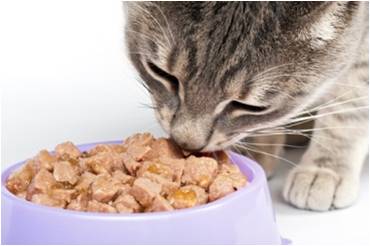
Tip 4. Give your pets adequate exercise
This applies more specifically to dog owners rather than cat owners. The need for dogs to exercise on a daily basis is often underestimated. In fact, the gnawing on the dining room table, the destruction of the recently installed carpet or the damage to your antique book case, in most cases can be easily avoided by simply providing the right exercise quota.
Exercise provides many benefits
These negative tendencies are often misdiagnosed as separation anxiety or other behavioural issues. However, if you simply feed your pet with a healthy diet and provide adequate exercise you may find your dog calmer, more restful and less anxious when you leave the house. Besides the better behaviour, your dog’s overall health will improve in a number of ways:
- Stronger bones
- Better joint health
- Improved heart and lung function
Get into a good exercise routine
A good exercise routine is more about quality not quantity. No need for half marathons or large arduous obstacle courses. This could in fact do damage to your dog. Simply going for a decent walk is often more than adequate. Many dogs like to run so go to the park and encourage this by throwing the tennis ball to retrieve. Do not use a stick for this as this can do damage to the mouth and getting them to jump too high in the air by catching a frisbee, for example, is also not ideal on the hind legs and can result in injury.
Many dog owners have the mantra “a good dog is a tired dog”. In general, dogs need approximately 1-2 hours of exercise per day, but this varies by breed, size and age. You, as the pet owner, are in the best position to understand the ideal exercise regime for your dog. Ensure that you do this on a daily basis. Your dog will love you for it and you might even notice an improvement in your own health at the same time!

Tip 5. Dental hygiene is important
Dental disease in dogs and cats is one of the most common conditions seen in veterinary clinics today. In fact, as many as eight out of ten pets over the age of three have some form of dental disease!
This ranges from plaque and tartar build-up to full periodontal disease. Furthermore, poor dental hygiene is not only bad for the teeth and gums (and breath) but can also impact negatively on the general well being of your pet, particularly when bacteria and its toxins build up in the gums as a result of periodontal disease. These toxins can seep into the bloodstream and result in issues with the heart, kidneys, liver, and even the brain. In fact, some veterinarians believe that you can prolong your pet’s life by a couple of years by merely paying attention to maintaining good oral hygiene.
You seldom ever see the canine or feline species in the wild with bad teeth! This is due to them feeding on carcasses and chewing on bones for many hours, which naturally strengthens and cleans their teeth and gums. Since we do not exactly throw carcasses to our beloved pets, the obvious question is how can we ensure they have good dental hygiene?
Three tips to help improve & maintain your pet’s oral health:
Get your pets’ teeth scaled annually at your vet. This is fairly pricey so it would go long way to regularly participate in the following three points.
- Brush their teeth! Get a finger brush and some pet toothpaste. Beef or chicken flavour goes down well!
- Give them teeth cleaning dry food or dental treats to chew on – these should be readily available from your vet.
- There is nothing wrong with giving your pet good quality bones to chew. However, you need to ensure the following:
- The bone should be approximately twice as big as your pets head.
- Do NOT give cooked bones. Only give them RAW bones.
- Avoid knuckles and bones with sharp points.
The bottom line is: A happy healthy mouth is a happy and healthy pet!
Furthermore, it will potentially help you avoid spending money on health issues that may arise in time to come as a result of poor dental hygiene. So next time your pet has smelly breath, it is time to start paying closer attention to their dental needs! If you are worried about future dental bills, consider taking out our Ultimate Care plan, which provides $1,000 dental illness cover per year.
